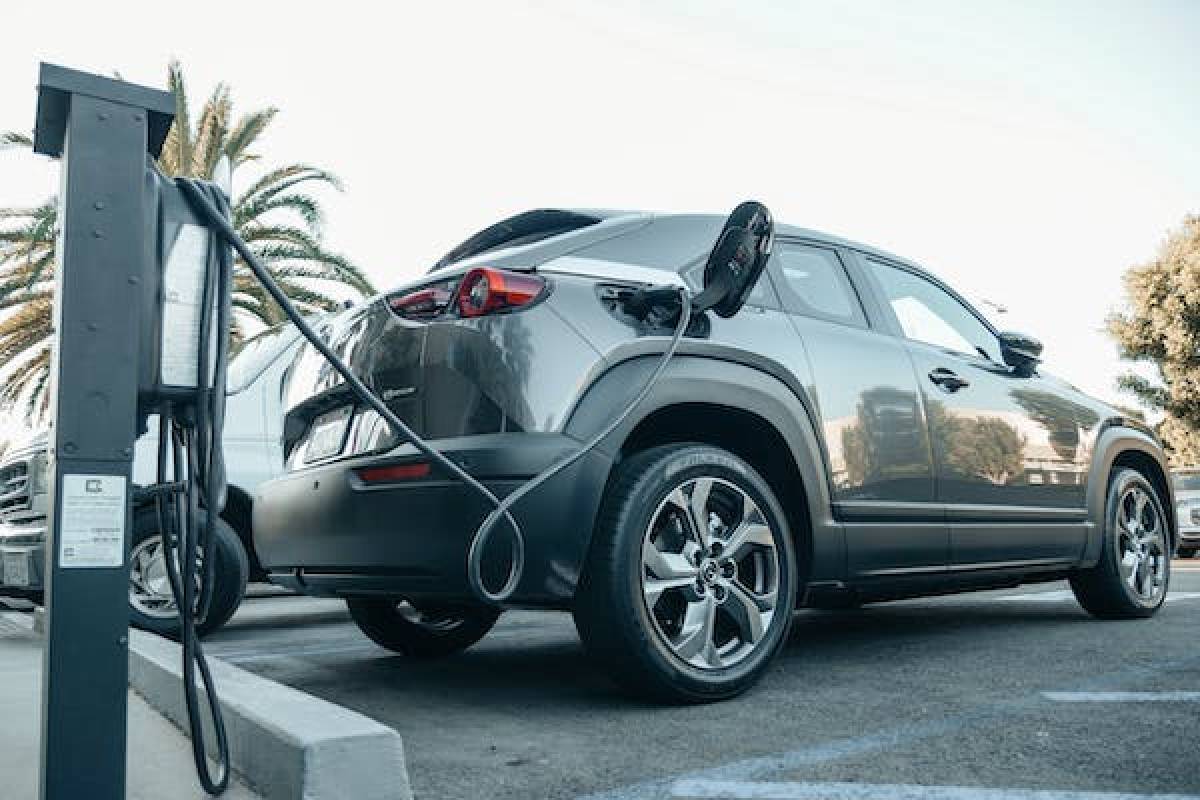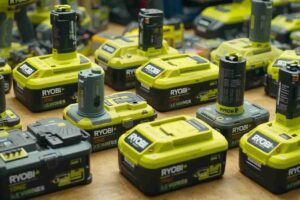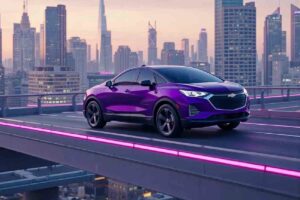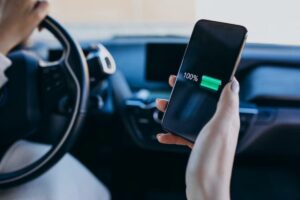
In what time can you fully charge an electric Vehicle?
The time required to charge an electric vehicle varies on several variables.
The charging rate of the employed charger type is crucial as regular 110V home chargers and public fast chargers operate at varying speeds.
The battery capacity and maximum charge rate of the vehicle will also affect the total charge time.
Several electric vehicle types may be charged to 80% in under an hour using a quick charge station.
This article simplifies calculating how long it takes to charge an electric vehicle, which may initially appear complicated.
We analyze the numerous variables that affect the potential charging time of an electric vehicle’s battery.
Contributing Factors to Electric Vehicle Charging Rates
Multiple variables affect the rate at which an electric car charges; thus there is no universal answer.
The charging system’s rate, battery capacity, and external factors such as temperature will affect the overall charging time.
1. Charging Method
Whether charging at home or a public fast-charging station.
Remember that each charger will charge your vehicle at a different rate.
In general, faster charging times will be provided by higher-level chargers.
Level 1 Feeding
Level 1 charging is for home charging, and most electric vehicles come with a Level 1 charging cable.
These cables receive electricity from a standard 120-volt socket, increasing the range by 2 to 5 miles per hour.
Based on a 40 kWh battery, the expected charging time for an electric car utilizing a Level 1 charger ranges between 28 hours and more than two days.
Level 2 Pricing
Level 2 chargers are used in private and public charging stations, but professional installation is necessary for Level 2 charging at home.
These units pull electricity from a 240-volt socket, extending the range by 10 to 25 miles per hour of charging.
Level 2 charging requires significantly less time than Level 1 to fully charge an electric vehicle. In 7.5 hours, a 40 kWh battery will be fully charged.
Rapid Recharging
Public fast charging stations employ direct current (DC) electricity for accelerated charging and are compatible only with certain electric vehicles.
Based on a 40 kWh battery, a 50 kWh rapid charger can restore 80% of an electric vehicle’s charge in around 40 minutes when used with a 40 kWh battery.
In around 45 minutes, a 100 kWh rapid charger will charge a 62 kWh battery to 80% capacity.
2. Battery Capacity
An electric car’s charging time also depends on the battery’s capacity.
In general, lower-capacity batteries require less time to charge, and bigger-capacity batteries require more time.
However, batteries with greater capacity provide greater range and require fewer recharges.
3. Maximum charge per vehicle
Similarly, there are restrictions based on the rate of the specific charging station.
The maximum charge rate accepted by each vehicle affects the rate at which it may receive power.
Regardless of the charger used, an electric car will only charge at speeds up to its maximum charge rate.


